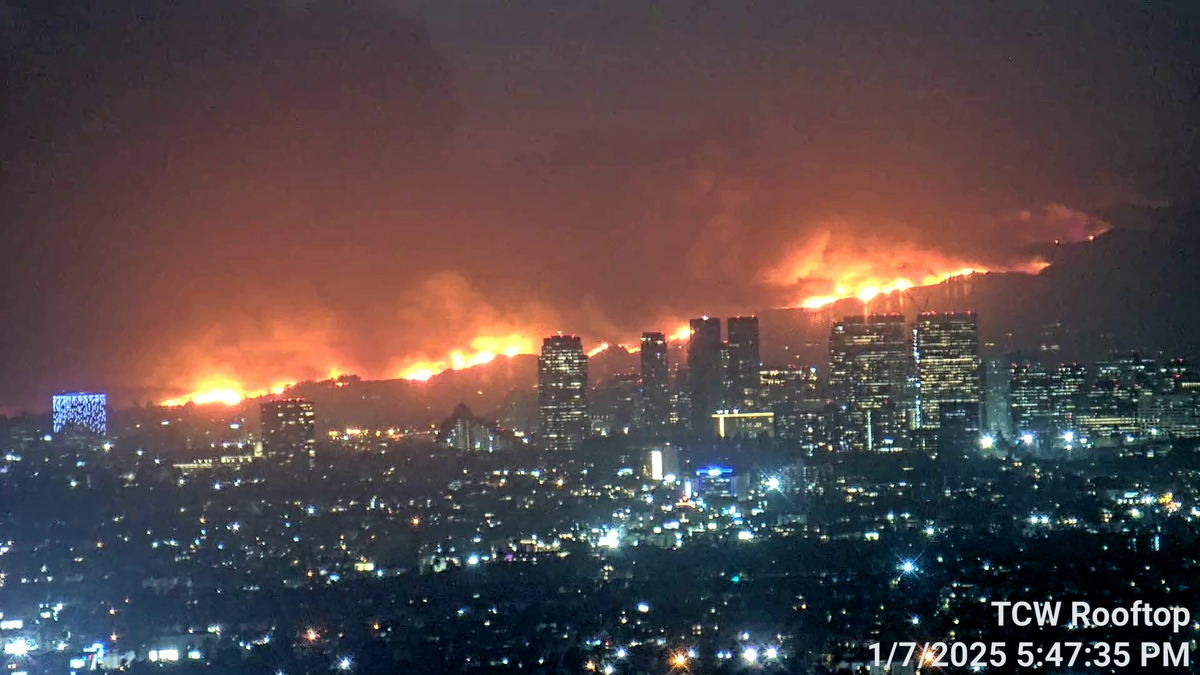On Jan. 7, several wildfires rapidly spread across Los Angeles, killing many and sweeping through over 40,000 acres of land. They have become some of the most deadly and destructive wildfires in California history. As of Jan. 17, at least 27 people are confirmed to be dead, with dozens missing in the blaze.
The two largest wildfires, the Palisades Fire and the Eaton Fire have led to the great majority of the damage, forcing more than 100,000 families throughout Los Angeles to evacuate their homes. Several smaller fires, including the Hurst Fire and Auto Fire, broke out after the Palisades and Eaton fires, adding to the devastating destruction.
The official cause of the fires has not been determined, however, Southern California has only experienced 0.16 inches of rain since October, causing drought-like conditions. This makes vegetation much more flammable and prone to fires. Another possible cause is from the Santa Ana winds, which regularly occur from September through May. These are hot powerful winds that topped out at 70 mph and also led to dry conditions with a high risk for wildfires. Others believe that arsonists and climate change may have been involved.
The Los Angeles Fire Department is also facing significant resource challenges following a $17.6 million budget cut by Mayor Karen Bass. This reduction has significantly hindered the department’s ability to respond to the fires, with LAFD Chief Kristin Crowley warning about compromised operations. The budget cut has led to understaffing, a reduced amount of equipment, and worsened emergency response capabilities, raising concerns about safety in Los Angeles.
As families are evacuating and abandoning their houses, looters are preying on valuable items left behind. Criminals are taking advantage of families’ attempts to escape the approaching fires and have forced cops to divert resources from the fire department to keep them out of the abandoned homes. This only adds another layer of stress for residents already coping with the potential loss of their homes.
According to an analysis from Accuweather, the LA wildfires could cost between $250 and $275 billion in damages, twice the original estimate. It would be the costliest natural disaster in US history, surpassing Hurricane Katrina in 2005. People who have been evacuated may not be able to return back to work and many jobs directly affected by the fires will be gone. The wildfire smoke will also have long-term effects on human health, putting those with asthma, cancer, and respiratory conditions at most risk. Beyond structural and economic damage, there are costs that are difficult to amount to, with many LA residents displaced or injured by the flames.



